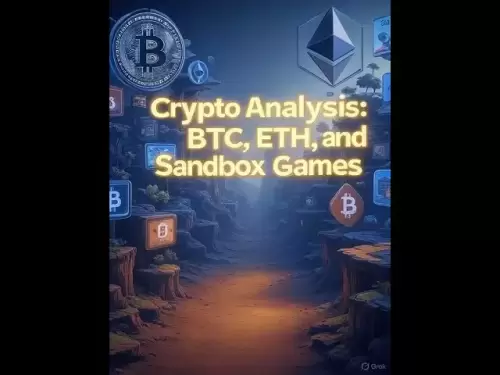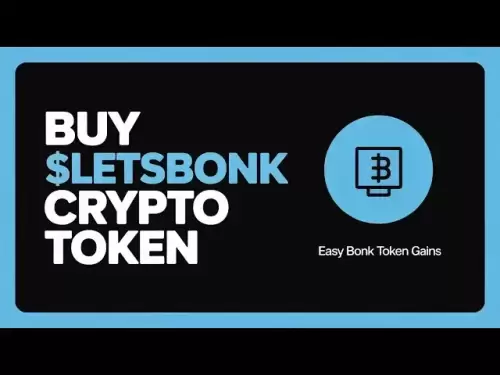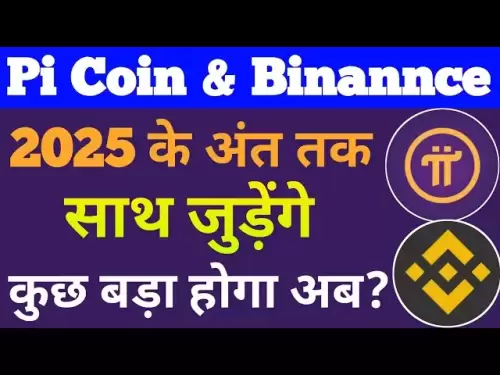-
 Bitcoin
Bitcoin $118100
-0.44% -
 Ethereum
Ethereum $3585
5.43% -
 XRP
XRP $3.434
5.65% -
 Tether USDt
Tether USDt $1.000
0.02% -
 BNB
BNB $743.8
3.89% -
 Solana
Solana $178.7
3.84% -
 USDC
USDC $1.000
0.03% -
 Dogecoin
Dogecoin $0.2381
12.81% -
 TRON
TRON $0.3270
3.62% -
 Cardano
Cardano $0.8315
4.93% -
 Hyperliquid
Hyperliquid $44.51
-4.42% -
 Stellar
Stellar $0.4710
1.52% -
 Sui
Sui $3.896
-2.51% -
 Chainlink
Chainlink $18.09
6.98% -
 Hedera
Hedera $0.2681
9.31% -
 Bitcoin Cash
Bitcoin Cash $516.7
4.83% -
 Avalanche
Avalanche $23.95
6.96% -
 Shiba Inu
Shiba Inu $0.00001490
5.67% -
 UNUS SED LEO
UNUS SED LEO $8.966
0.80% -
 Toncoin
Toncoin $3.294
4.39% -
 Litecoin
Litecoin $105.4
4.69% -
 Polkadot
Polkadot $4.356
5.30% -
 Uniswap
Uniswap $10.29
17.25% -
 Monero
Monero $327.9
-3.04% -
 Bitget Token
Bitget Token $4.942
4.33% -
 Ethena USDe
Ethena USDe $1.001
0.08% -
 Pepe
Pepe $0.00001348
2.17% -
 Dai
Dai $1.000
0.02% -
 Aave
Aave $320.8
0.58% -
 Bittensor
Bittensor $411.8
-4.07%
What are NFT royalties?
NFT royalties let creators earn a percentage each time their token is resold, offering ongoing income through smart contract automation.
Jul 10, 2025 at 09:35 pm
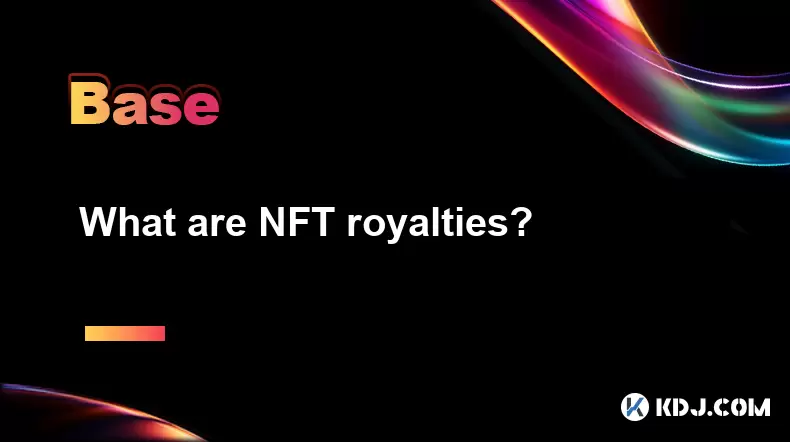
What Exactly Are NFT Royalties?
NFT royalties are a mechanism embedded into the smart contracts of non-fungible tokens that allow creators to earn a percentage of sales each time their NFT is resold in the secondary market. This feature distinguishes NFTs from traditional digital assets and offers artists, musicians, game developers, and other content creators a new way to generate ongoing income. The royalty percentage is defined at the time of minting and is automatically executed via blockchain protocols whenever a resale occurs.
Unlike physical art markets where artists rarely benefit from subsequent resales, NFTs provide a programmable and transparent method for creators to receive compensation every time their work changes hands.
How Do NFT Royalties Work Technically?
NFT royalties operate through smart contracts deployed on blockchain networks like Ethereum, Solana, or Polygon. When an artist mints an NFT, they can set a royalty rate — typically between 5% and 10%. This value is stored in the token's metadata and enforced by the underlying contract logic.
- A buyer purchases the NFT on a marketplace such as OpenSea or LooksRare
- If the buyer later resells the NFT, the platform checks the royalty settings encoded in the contract
- Upon sale completion, the royalty amount is automatically transferred to the original creator’s wallet
This process is trustless and does not require intermediaries. The enforcement of these royalties depends on the policies of the NFT marketplace and the standards adopted (e.g., ERC-721 or ERC-1155 on Ethereum).
Are All Marketplaces Supporting NFT Royalties?
Not all NFT marketplaces enforce royalty payments equally. While platforms like OpenSea and Rarible traditionally honor royalty fees, newer decentralized exchanges and marketplaces have begun to offer optional or no royalties at all to attract traders.
- Some marketplaces allow buyers and sellers to bypass royalty payments during listing or purchase
- Other platforms strictly enforce royalty collection as part of their protocol-level design
- Decentralized autonomous organizations (DAOs) sometimes vote on whether to maintain or remove royalty structures
This inconsistency has led to debates within the NFT community about fair compensation for creators versus user freedom and competitive pricing.
How Are Royalty Payments Implemented in Smart Contracts?
Royalty implementation varies depending on the blockchain standard used. On Ethereum, two primary standards govern NFTs:
- ERC-721 – This standard supports basic NFT functionality but does not natively include royalty handling
- ERC-2981 – A newer standard specifically designed to support royalty distribution across multiple stakeholders
Using ERC-2981, creators can define how much of the sale proceeds should go to them and any other parties involved. Developers must code this functionality directly into the smart contract when minting the NFT. Once deployed, it becomes immutable unless upgradeable proxy contracts are used.
Platforms must also integrate with these standards to correctly interpret and execute royalty transfers.
Can Creators Modify Royalties After Minting?
In most cases, once an NFT is minted, the royalty percentage cannot be altered without updating the smart contract. Some projects use upgradable contracts that allow limited modifications, but this introduces centralization risks.
- Immutable contracts lock royalty rates permanently after deployment
- Upgradable contracts may allow adjustments but require governance mechanisms
- Changing royalties post-minting often requires community consensus or explicit permission from the original owner
Because of these complexities, creators are strongly advised to decide on royalty percentages carefully before minting.
What Happens If a Marketplace Doesn’t Support Royalties?
If an NFT marketplace chooses not to enforce royalty payments, creators may lose out on earnings from secondary sales. This situation has become increasingly common as some platforms opt for zero-royalty models to reduce costs for users.
- Creators may not receive any portion of resale profits
- Marketplaces may face backlash from the creative community
- Alternative solutions like on-chain attribution or off-chain enforcement have been proposed
Developers and creators are exploring ways to enforce royalties through legal agreements or technical means, such as restricting transferability unless royalties are honored.
Frequently Asked Questions
Q: Can I set different royalty percentages for different NFTs in a collection?
Yes, you can assign unique royalty values for each NFT if your smart contract allows per-token customization. However, many collections apply a uniform royalty rate for simplicity and consistency.
Q: Who receives the royalty payment if the NFT is transferred for free?
If an NFT is transferred without a sale, no royalty is triggered because there is no monetary transaction involved. Royalties are only activated during verified sales events.
Q: Are NFT royalties taxable income?
Yes, in most jurisdictions, NFT royalties are considered taxable income. Creators should consult local tax laws and possibly seek professional advice to ensure compliance.
Q: Can multiple creators receive royalties from a single NFT?
Absolutely. Using standards like ERC-2981, creators can define multiple recipients and allocate specific percentages to each party, enabling collaborative ownership and revenue sharing.
Disclaimer:info@kdj.com
The information provided is not trading advice. kdj.com does not assume any responsibility for any investments made based on the information provided in this article. Cryptocurrencies are highly volatile and it is highly recommended that you invest with caution after thorough research!
If you believe that the content used on this website infringes your copyright, please contact us immediately (info@kdj.com) and we will delete it promptly.
- Coinbase (COIN) Soars to All-Time High: What's Next?
- 2025-07-19 00:30:12
- DOGE, BlockDAG, and Vesting: What's Hot and What's Not in Crypto Right Now
- 2025-07-19 01:10:14
- Crypto Coins with 2025 Potential: BlockDAG and SUI Lead the Charge
- 2025-07-19 01:15:12
- Grass Cutting Hacks: Finding the Right Height for a Lush Lawn
- 2025-07-19 00:30:12
- RWA Token Revolution: Stage Point Europe Leads Crypto Real Estate Launch in Europe
- 2025-07-19 00:50:13
- Token Unlocks and AVAIL: July's Crypto Cliffhangers!
- 2025-07-19 00:50:13
Related knowledge
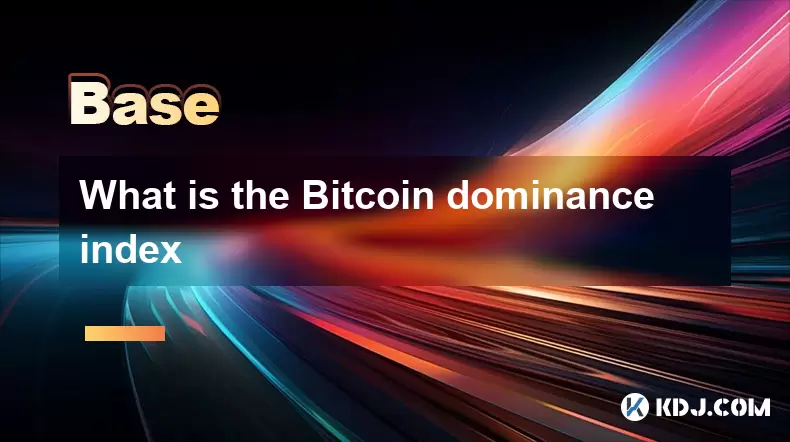
What is the Bitcoin dominance index
Jul 12,2025 at 10:35pm
Understanding the Bitcoin Dominance IndexThe Bitcoin Dominance Index, often abbreviated as BTC.D, is a metric used to measure Bitcoin's market capital...
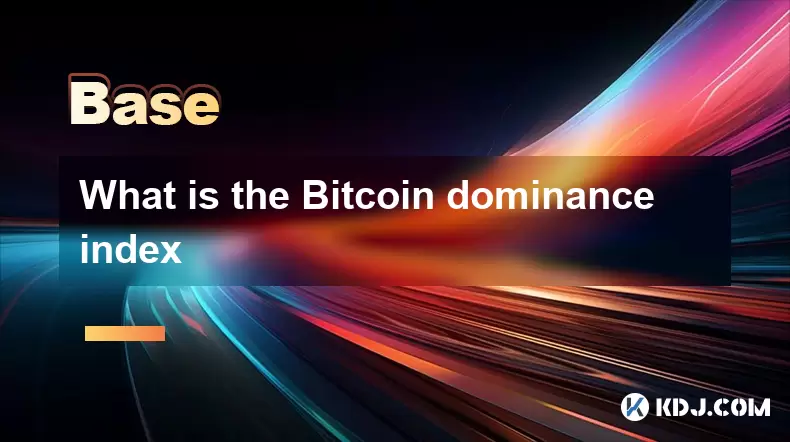
What is the Bitcoin dominance index
Jul 11,2025 at 04:29am
What is the Bitcoin Dominance Index?The Bitcoin Dominance Index is a metric used to gauge Bitcoin's market capitalization relative to the total market...
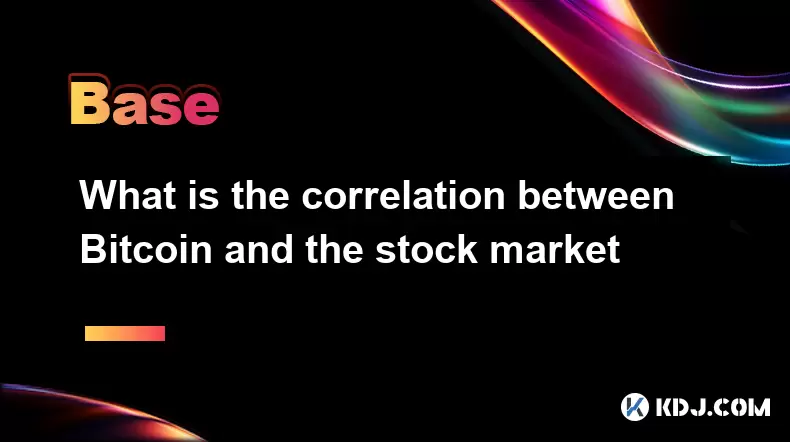
What is the correlation between Bitcoin and the stock market
Jul 18,2025 at 04:56am
Understanding the Correlation Between Bitcoin and the Stock MarketThe correlation between Bitcoin and the stock market has become a topic of increasin...
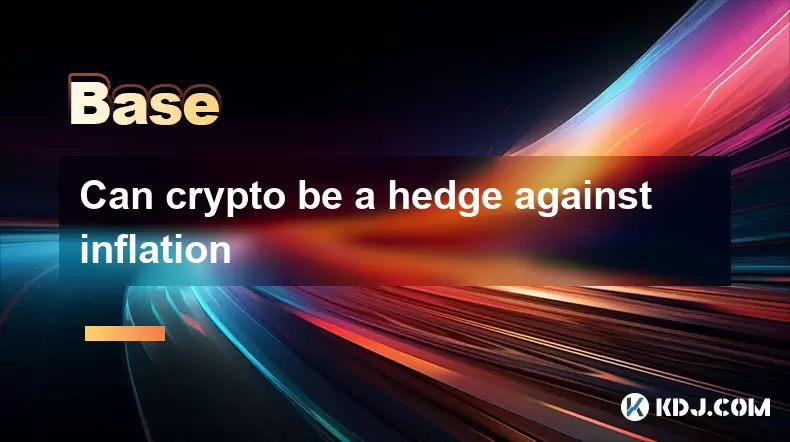
Can crypto be a hedge against inflation
Jul 14,2025 at 12:21am
Understanding the Concept of Hedging Against InflationInflation refers to the general increase in prices and fall in the purchasing value of money ove...
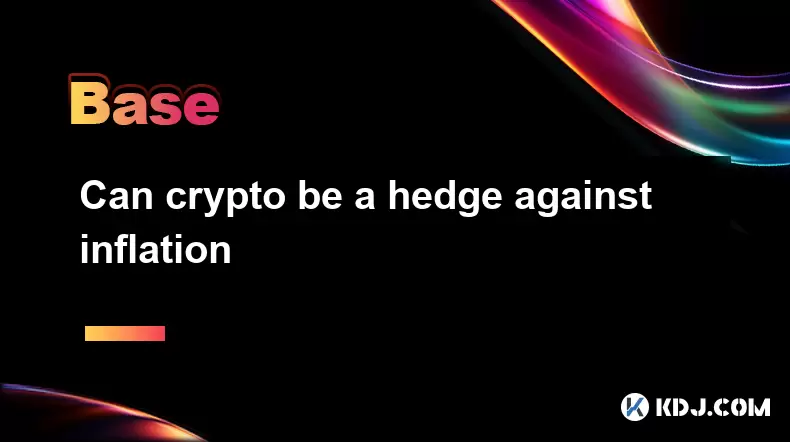
Can crypto be a hedge against inflation
Jul 12,2025 at 12:07pm
Understanding the Role of Blockchain in Decentralized Finance (DeFi)Blockchain technology serves as the backbone of decentralized finance, offering a ...
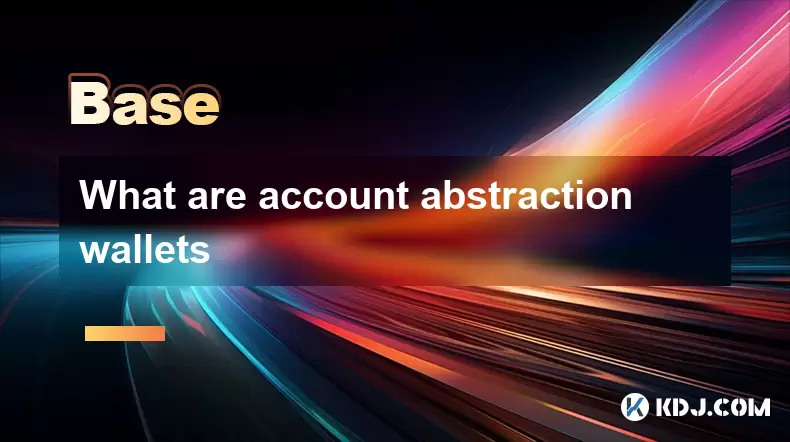
What are account abstraction wallets
Jul 13,2025 at 01:43am
Understanding the Concept of Account AbstractionAccount abstraction is a term frequently used in the Ethereum ecosystem, particularly within discussio...

What is the Bitcoin dominance index
Jul 12,2025 at 10:35pm
Understanding the Bitcoin Dominance IndexThe Bitcoin Dominance Index, often abbreviated as BTC.D, is a metric used to measure Bitcoin's market capital...

What is the Bitcoin dominance index
Jul 11,2025 at 04:29am
What is the Bitcoin Dominance Index?The Bitcoin Dominance Index is a metric used to gauge Bitcoin's market capitalization relative to the total market...

What is the correlation between Bitcoin and the stock market
Jul 18,2025 at 04:56am
Understanding the Correlation Between Bitcoin and the Stock MarketThe correlation between Bitcoin and the stock market has become a topic of increasin...

Can crypto be a hedge against inflation
Jul 14,2025 at 12:21am
Understanding the Concept of Hedging Against InflationInflation refers to the general increase in prices and fall in the purchasing value of money ove...

Can crypto be a hedge against inflation
Jul 12,2025 at 12:07pm
Understanding the Role of Blockchain in Decentralized Finance (DeFi)Blockchain technology serves as the backbone of decentralized finance, offering a ...

What are account abstraction wallets
Jul 13,2025 at 01:43am
Understanding the Concept of Account AbstractionAccount abstraction is a term frequently used in the Ethereum ecosystem, particularly within discussio...
See all articles
























